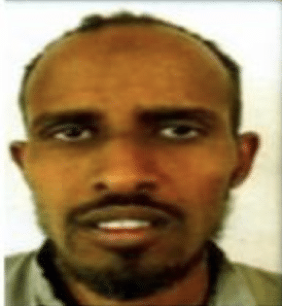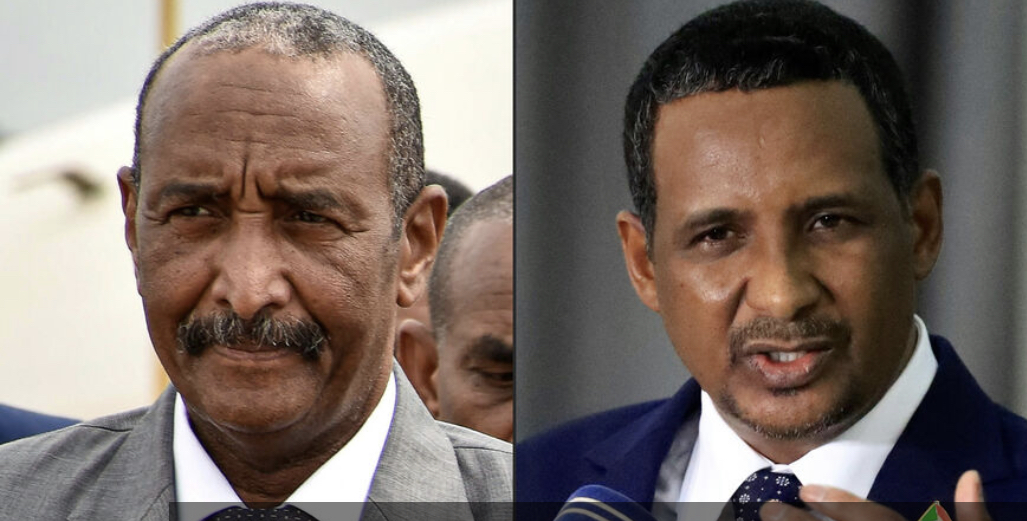Kenya plans to track the financial dealings of high-ranking politicians, including the President, and their allies from next year in fresh commitments to the International Monetary Fund (IMF) aimed at preventing the country from being locked out of the global financial system for money laundering..
The Treasury has told the IMF that the State will track the flow of cash of politically exposed persons, including their bank accounts, to match their known income and their financial dealings, The Financial Reporting Centre (FRC), the anti-money laundering czar, is preparing changes to the law that will require financial institutions to reveal sources of cash for top politicians, families and business associates.
The proposed amendments to the Proceeds of Crime and Anti-Money Laundering Act and Regulations are aimed at preventing the laundering of illicit proceeds from corruption, The proposed changes follow a damning report by an international anti-money laundering team that flagged deficiencies in Kenya’s decade-old anti-money laundering law on reporting financial transactions done by politically exposed persons (PEPs), families and allies.
PEPs include the president, ministers, MPs, parastatal CEOs, high-ranking judges, high-ranking military officers and board members of top firms, “To help prevent the laundering of illicit proceeds from corruption, the authorities plan by end-June 2023 to submit to the National Assembly, draft amendments to the Proceeds of Crime and Anti-Money Laundering Act and Regulations to address gaps in the AML/CFT legal framework, including requirements on politically exposed persons [PEPs], in line with FATF standards,” the IMF disclosed in the report following approval of Sh55.07 billion ($447.39 million) disbursement to Kenya on Monday.
PEPs are generally persons entrusted with prominent public functions and are susceptible to being involved in corruption because of their position of influence, Kenya has a history of multi-billion shilling scandals that have failed to result in high-profile convictions, This has angered the public, who accused top officials of acting with impunity and encouraging graft among those in lower posts.
The State scandals often involve bogus tenders and suppliers that allegedly result in the theft of hundreds of millions of shillings, turning public servants on low pay into overnight multi-millionaires, Public servants are required by law to reveal their incomes, bank deposits and assets such as land, buildings and vehicles once every two years, The filing must also capture the wealth of their spouses and children below 18 years.
Financial Action Task Force (FATF) — the global money laundering and terrorist financing watchdog — requires financial institutions to conduct “enhanced ongoing monitoring” of business relationships involving PEPs.
The amendments to Kenya’s money laundering law will be modelled on the requirements set by FATF and followed in the developed world, Kenya will be required to have appropriate risk-management systems in place to determine whether a customer or beneficial owner is a PEP and “take reasonable measures to establish the source of wealth and source of funds”.




